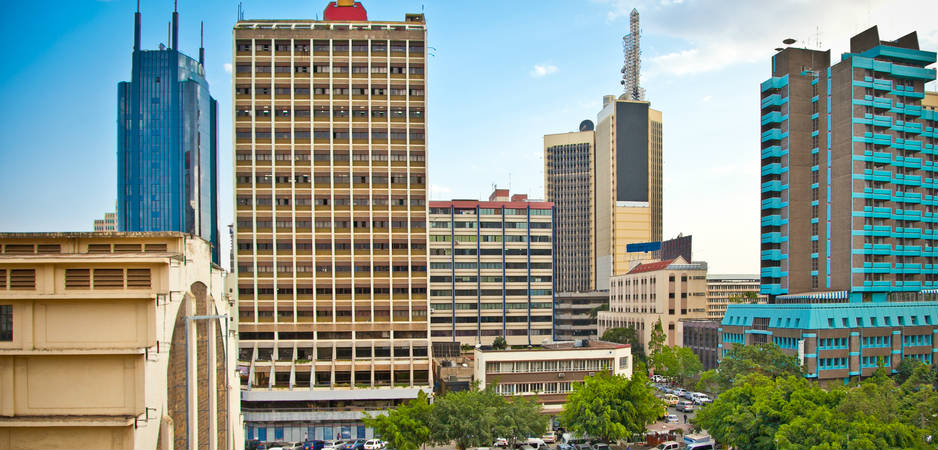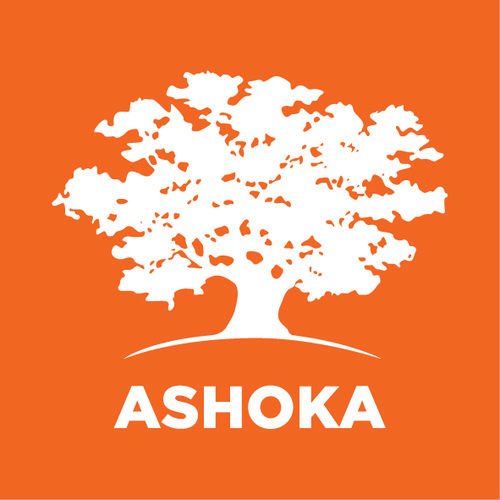Youth unemployment poses challenges for growth and development in Africa, but the private sector could be the solution.
While all actors, including the youth, are responsible for transforming employment creation in Africa, this shared responsibility has led to no significant improvements in the capacity of youth to prepare for, identify and be successful in generating employment that creates sustainable livelihoods. Due to an increasing demand for talent, the private sector has the most to gain from a systemic change in how effectively and efficiently youth skills are matched to jobs. Therefore, the private sector must be at the forefront of driving solutions to youth unemployment in Africa.
The private sector thrives when there is an enabling environment that allows companies to capitalize on local and international competitive advantages, and when it has a pipeline of work-ready talent, with skills that are matched to available jobs and salary expectations. Unfortunately, the private sector in Africa lags behind other geographies with respect to employment creation. In Stunted Growth: Why Don’t African Firms Create More Jobs? the authors surmise that the lack of effective policy does not fully explain this dilemma, and that others factors such “as the lack of trust between employers and employees” could be part of the problem. Whatever the explanation, the private sector still has the biggest role to play in absorbing the 10-12 million young people who enter the labor market in Africa every year.
In other parts of the world, the private sector is a major agent of change. Private sector actors have the foresight and capacity to push for legislation to advance their sector-wide and individual objectives — they create the necessary incentives for that alignment. Although it is debatable whether this kind of market-driven, private sector-led strategy has always had positive outcomes for many developed economies today, the private sector can and should be the major change agent for addressing the youth employment challenge in Africa.
Moving Forward Together
Even though the private sector has the most to gain, it cannot act alone. Other actors must play a role in creating and implementing the solutions but, overall, the change must be driven by a private sector imperative. Innovative partnerships between the private sector and nonprofit and nongovernmental organizations (NGO) in the citizen sector represent one of the most promising solutions to the youth employment challenge in Africa.
Young people have the best chance for creating and securing employment when citizen sector organizations become more responsive to the evolving needs of the private sector, by designing and implementing interventions in concert with private sector input. With this kind of approach, citizen sector organizations become deeply attuned to both market and community factors, which make their programs more relevant to the needs of all. For far too long, nonprofit organizations and NGOs have measured their success on the number of people they train. If we want to tackle unemployment in Africa, this is not the most useful or relevant metric.
Certainly, donors and other NGO funders are partially to blame for setting these misguided metrics. We have all suffered from the “if we build, they will come” mentality that has led to a fallacious belief that “if we train them, they will get jobs.” We now know this is not true. With these lessons in mind, The Rockefeller Foundation’s Digital Jobs Africa initiative attempts to create alignment and partnerships among all key actors in the youth employment system. These partnerships, formed across the youth employment ecosystem, focus on impact measured by an improvement in the employability of young Africans, particularly the disadvantaged, and their increased ability to access sustainable jobs that improve their incomes.
Whatever the explanation, the private sector still has the biggest role to play in absorbing the 10-12 million young people who enter the labor market in Africa every year.
African employers often express frustration at the lack of young talent — there are not enough young people with the education and job-ready skills that they are looking for. A key first step is to ensure that youth have access to demand-driven training and skills development. This is training that responds to private sector needs. One suggestion is that traditional nonprofit organizations and NGOs should introduce a more market-driven perspective by hiring people with a private sector background who can design and manage these types of interventions. Second, the private sector needs to be more creative in their approach to hiring. We have an unfortunate “certificate culture” in Africa.
With no other alternatives, African youth are chasing these certificates and degrees, and find themselves terribly frustrated when there is no job to be had — sometimes with very negative social consequences accompanying that disappointment. Private sector employers can do a better job in introducing psychometric tools for better matching and partnering with nonprofits organizations and NGOs, so they can co-create skills-building interventions that adequately prepare youth for work. In Africa, where there is a large youth population eager to enter the workforce, along with a rapidly evolving marketplace, partnerships across the youth employment ecosystem will be far more effective when all actors are consistently informed by evolving market dynamics.
*[In partnership with Ashoka’s Future Forward initiative, which is finding Innovations for Youth Employment in Africa, Fair Observer explores the theme: Who is responsible for addressing youth employment in Africa? From June to September 2014, we will be developing online events and a series of articles that will gather multiple perspectives and provide a 360° analysis on the topic. Join the conversation by following and contributing to #AfricaYouthFwd through social media channels.]
The views expressed in this article are the author’s own and do not necessarily reflect Fair Observer’s editorial policy.
Support Fair Observer
We rely on your support for our independence, diversity and quality.
For more than 10 years, Fair Observer has been free, fair and independent. No billionaire owns us, no advertisers control us. We are a reader-supported nonprofit. Unlike many other publications, we keep our content free for readers regardless of where they live or whether they can afford to pay. We have no paywalls and no ads.
In the post-truth era of fake news, echo chambers and filter bubbles, we publish a plurality of perspectives from around the world. Anyone can publish with us, but everyone goes through a rigorous editorial process. So, you get fact-checked, well-reasoned content instead of noise.
We publish 2,500+ voices from 90+ countries. We also conduct education and training programs
on subjects ranging from digital media and journalism to writing and critical thinking. This
doesn’t come cheap. Servers, editors, trainers and web developers cost
money.
Please consider supporting us on a regular basis as a recurring donor or a
sustaining member.
Will you support FO’s journalism?
We rely on your support for our independence, diversity and quality.





















Comment